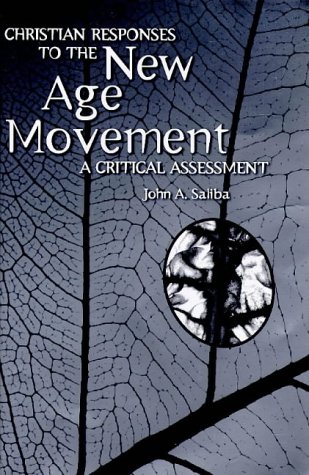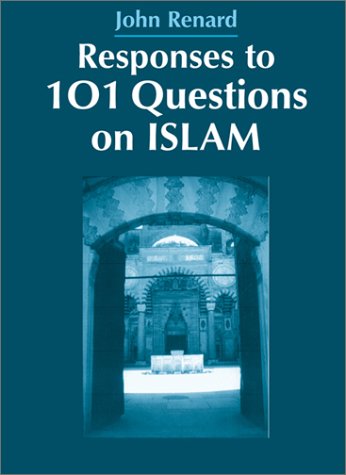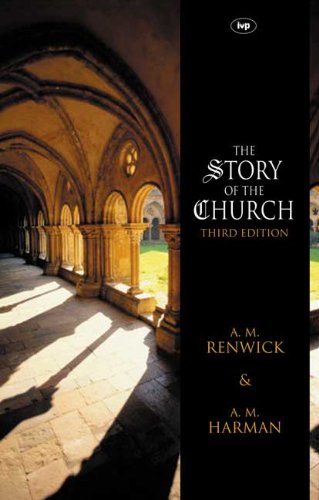Fair Trade as Christian Mission
Written by Chris Sugden Reviewed By Matthew BennettThere are several remarkably different audiences who would benefit from exposure to this short, but dynamic text.
On the one hand it is a clear message to any who think that help can be given to individuals and communities within developing countries independently of clear Christian commitment and principles. It is a clear defence of a controversial view that ‘the traditions of humanitarianism, however worthy, will not be adequate on their own’ (19).
Sugdens’ argument is fourfold: Only religion can furnish an adequate view of humanity which is essential to development which by its very definition is development towards human flourishing; divorcing religion and morality does not ultimately work; most people in developing countries have a clear religious commitment and are thereby more open to work with someone who has religious views even if they conflict; economic empowerment must go hand in hand with the empowerment of the whole person which includes their relationship with God. Sugden summarises powerfully,
Poverty cannot be reduced solely to matters of economics and international trade, however significant these may be. Many dimensions of poverty such as enforced low self-esteem, greed and corruption are directly addressed by the gospel of Jesus. There is a whole culture of poverty—the belief of many poor people that they deserve their poverty, that it is a punishment for past wrongdoing, or it is their fate in some way. The good news of the gospel is that Christ has died to overcome fate and forces that they may believe are working against them (22).
Here, therefore, is a brief but powerful defence of explicitly Christian development which in its turn highlight the broader problem facing so-called developed countries. How can we establish adequate goals for humanity alongside moral frameworks if we have dispensed with the belief in God that which gave them meaning in the past? The issue of development is a fascinating microcosm to this broader issue, and this essay goes a remarkable way, in view of its brevity, to dissecting it.
On the other hand Sugden’s work could also be usefully read by those who ask whether Christians are becoming distracted from preaching the gospel by their attention to issues of poverty and social justice. The organisation Traidcraft on which much of the discussion is based (Chris Sugden is the current Chairman of Traidcraft) has been the focus of this sort of interrogation particularly given its willingness to work with producer groups who are not Christian; only ‘its trustees, boards and senior staff are required ‘to affirm their commitment to Christian principles’.
While the booklet does not really address head on why Traidcraft feels that its Christian principles are best served by working with poor producers of non-Christian religious persuasion, as opposed to the many poor Christian producers, it does tackle forcefully how the Christian struggle in all its guises against poverty, is consistent with Jesus’ message.
Having usefully and briefly set out some of the features of FairTrade practise against the background of unfair world trading practice, Sugden articulates in broad brush strokes how the Kingdom of God ushered in by Jesus engages with the whole of human experience, enabling people to rediscover what it means to live as stewards of God’s creation made in the image of God. A passion for social justice then is an indispensable component of the lives of those who have entered the Kingdom of God and in manifold ways, set out by Sugden, this passion in turn witnesses to those outside the Kingdom. There is no room for the ideals of social justice divorced from living relationship with Christ, but equally there is little reality to such a relationship if it does not issue in a ‘bias to the poor’.
Gratitude then should go to Chris Sugden and his wife (on whose university dissertation much of the essay depends) for a brief but dynamic booklet that could make people from remarkably different backgrounds equally uncomfortable.
Matthew Bennett
Matthew Bennett
Cedarville University
Cedarville, Ohio, USA






